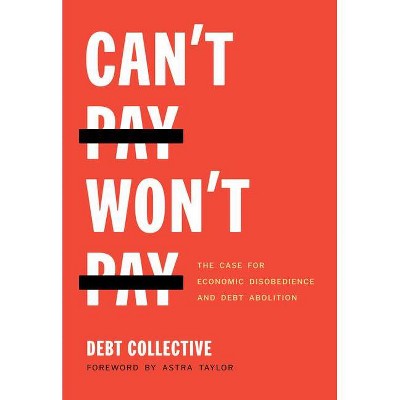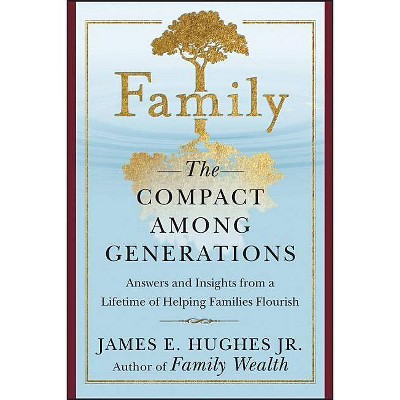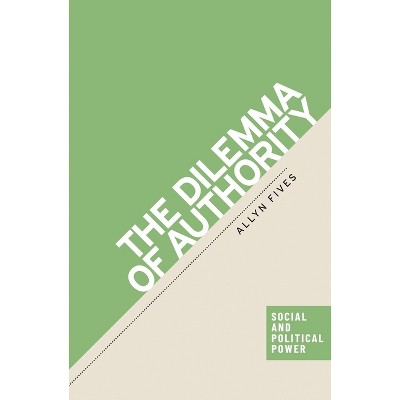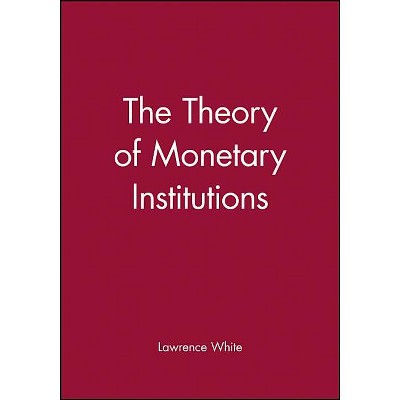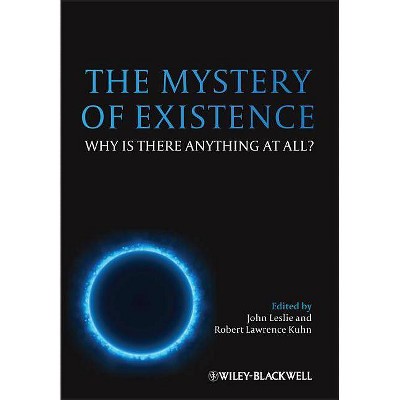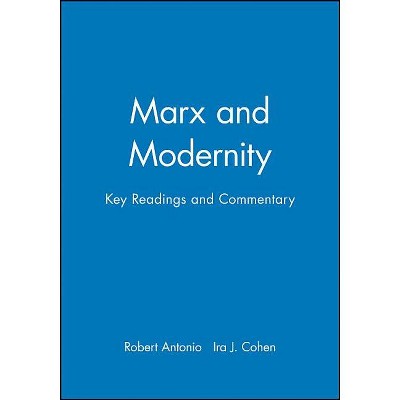Sponsored

Civil Society - by Lawrence E Cahoone (Paperback)
In Stock
Sponsored
About this item
Highlights
- In Civil Society, Lawrence Cahoone stages a critical engagement between the social-political viewpoints of liberalism, communitarianism, and conservatism in order to effect a balanced relation that will bypass or overcome the inadequacies of each position.
- About the Author: Lawrence E. Cahoone is Associate Professor of Philosophy at the College of the Holy Cross.
- 336 Pages
- Political Science, History & Theory
Description
Book Synopsis
In Civil Society, Lawrence Cahoone stages a critical engagement between the social-political viewpoints of liberalism, communitarianism, and conservatism in order to effect a balanced relation that will bypass or overcome the inadequacies of each position.From the Back Cover
In Civil Society, Cahoone stages a critical engagement between the social-political viewpoints of liberalism, communitarianism, and conservatism in order to effect a balanced relation that will bypass or overcome the inadequacies of each position. Through this engagement, Cahoone argues that the concept of civil society assumes a mediatory role and that there is more common ground between today's so-called liberals and conservatives than is generally assumed.The book ranges across all major schools of contemporary political thought, addressing the inherent goods of liberal polities, the nature of liberty, the concept of civil society and neighborhood, the dialectical interplay of civility and culture, and the relation of politics and truth.
Review Quotes
"This is a remarkable example of responsible, intelligent, and, dare I say, witty scholarship. Those on both the right and left will be hard pressed to contest Lawrence Cahoone's thesis without themselves borrowing from his painstakingly fair review of the current state of liberal theory. Cahoone argues that the foundations of a just community long sought by political theorists are, in fact, present in actual communities. Even those who disagree with his thesis will have to acknowledge that a book like this, by virtue of its breadth and its fairness, will contribute to shaming the thoughtless and inspiring the considerate in both the academic and the public arenas." Thomas Thorp, St. Xavier University
"This is a very important and timely study on sociopolitical philosophy. Cahoone rises to the challenge of reformulating a notion of polity that promises to help heal the wounds caused by decades of distrust and misunderstanding between political factions. What is most unique about this study is the way in which it redefines the standpoints of liberalism and conservatism without compromising the integrity of either. Cahoone adroitly weaves together philosophy, political theory, and contemporary and historical cultural analysis with a wit and often humorous style that promises to disarm even the most skeptical readers, while maintaining all along the intent seriousness of his undertaking." Brian Schroeder, Rochester Institute of Technology
"This book is a valuable contribution to one of the most important debates in political theory of the last twenty years, namely that over the nature of liberalism and alternatives to liberalism. Cahoone is evenly engaging whether sharing his knowledge of eighteenth-century political philosophy or presenting his own original analysis of freedom." Norman Fischer, Kent State University
"This is an exceptionally well written effort to make political thought more relevant to social life. Cahoone's knowledge of important thinkers is wide ranging and his application of their ideas is both enlightening and telling." Choice
About the Author
Lawrence E. Cahoone is Associate Professor of Philosophy at the College of the Holy Cross. He is author of The Dilemma of Modernity (1989) and The Ends of Philosophy (Blackwell 2002), and editor of From Modernism to Postmodernism (second edition, Blackwell 2002).
Shipping details
Return details
Trending Non-Fiction





